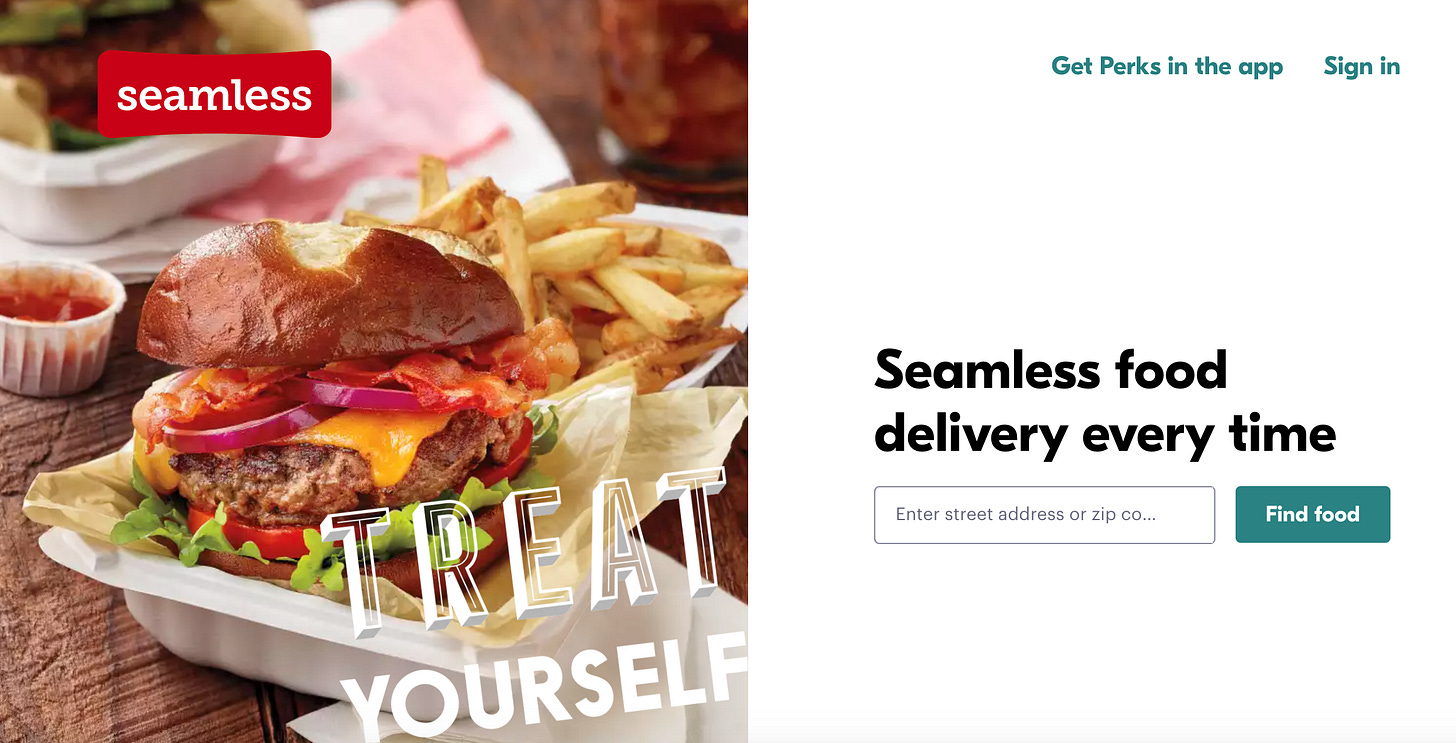We're All Bosses Now
The app culture gives everyone a chance to trace, track, and tyrannize workers — even in a pandemic.

If you’re one of the dullards who’s mostly been able to avoid acknowledging class politics in America, the pandemic has made your task much more difficult. We’ve all been confronted with the reality of how threadbare our social safety net is; how close so many of us are—perhaps just one lost paycheck—from needing to engage with it; and, more apocalyptically, how thin the line actually is between some semblance of order and chaos.
While a vocal few have attempted, with some success, to cast their inability to get their roots touched up as a cause for their own Boston Tea Party, I’ve been struck by how much worse things could have gotten if, say, grocery stores had shut down. My local grocery store—I hesitate to call anything in New York City a “supermarket,” which is the province of Real America—is still missing a few things I want. You can’t perfectly count on certain brands being there each time you go. But for the most part, it’s worked: The store didn’t close down, institute rationing, or any other extreme measure. We’ve been lucky enough to be getting along fine, thanks in large part to the essential workers on the front lines. And some have paid dearly for our continued convenience—at least 65 grocery store workers have died of COVID-19.
Like so many other ethical quandaries tied to this moment, I’ve failed to land on a satisfying answer on whether it’s OK to order delivery and takeout. Depending on the day, Instagram might be begging you to order from local restaurants as a kind of moral crusade; we’re reminded how predatory third-party apps like Seamless and GrubHub are for small businesses; there’s debate around whether it’s even safe. So I split the difference: We order takeout far, far less often than we used to, opt for contactless delivery, and tip lavishly. Still, I feel bad about it.
What makes the interaction (or lack thereof) feel even scummier? When, after my food has arrived, the delivery app asks me to rate the exchange. In Seamless, I have the option to “Rate and review” orders I placed last month, and am encouraged to to voice my opinion in six separate yes or no fields: “Was the food good?” “Was your delivery on time?” “Was your order correct?” “Was your driver professional and courteous?” “Was your order free of spills and packaged neatly?” “Did the driver respect your contact-free delivery preference?” and then I’m asked to “Rate your overall experience” out of five stars, with the option to write a longer review. On Caviar, a food-ordering app characterized by its overt pretension, there are fewer rating options, but you have the ability to change the tip for two hours after delivery.
I find this all tremendously grating and more than a little sinister, least of all because these corporations are asking me to do work for them in the form of providing user data that they can use to make their product more brutally efficient. For the previously unimaginable convenience of having food slop delivered to right to my door, that’s all we should be able to expect: Bring me the food, please, and then leave me alone. The same goes for rides from Uber and Lyft: Did you get me where I wanted to go without grievous bodily harm? Great, five stars, would use again. Instead, this rating of everything attempts to enlist us as snitches in the corporation’s grand scheme to surveil its army of contract employees. Did you have a bad experience because the driver played music you don’t care for, or is the food bad because the driver’s long route made it arrive cold? It couldn’t matter less. It’s a system that incentivizes the most petty and tyrannical aspects of human nature, and I refuse to play ball.
It feels even worse now that these same vulnerable people are risking their lives for our on-demand extravagances. Just as it’s a golden age for neighbors policing neighbors as cops deputized by COVID, it’s a great time to be a boss, and members of the management class, their clout now diffuse, are eager to flex their power over someone. If you give more affluent customers the ability to feel like a gig worker’s boss, even for a transaction as limited as delivering your McDonald’s or giving you a ride, some will always exercise that power. These apps shouldn’t give them the chance. Better yet, they shouldn’t even give them the opportunity to tip poorly: a 20 percent-plus tip should be built-in, or people should just be paid a living wage where the tipping system can be eliminated.
There can be no ethical consumption if you choose to participate. But you can do everything in your power not to be a dick, or worse, a narc about it.
Image via Seamless.com





I'm inclined to give 5-stars to any customer service person, or on an app, because they get dinged for anything less than 5-stars. I used to work at AT&T many years ago, and any rep who got less than a 5 had to be "counseled" (i.e. why are you doing a poor job with customers, when they clearly weren't). I considered a 4 to be a B+ (still very good), but that's not how the higher-ups viewed it.
I hear people say, "There's always room for improvement...I never give 5's." You are now adversely impacting people's potential employment. If they got the job done, give them their 5 and go on your merry way...you're not a professor, so don't establish a grading curve.
I order groceries online and pick them up. I think it might be safer for everyone than grocery delivery or going into the store, but not all groceries have that option.